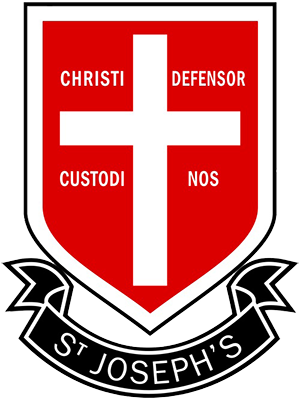Curriculum
Maths
Intent
To develop passionate, resilient problem solvers through the medium of Mathematics.
YEAR 7
In Year 7 Maths, the students learn about written calculations, types of number, fractional thinking, presenting and interpreting data, algebraic thinking, rounding and approximation, percentage and FDP conversions, ratio and proportion, area and perimeter, angles-measuring and facts. The aim is to establish a foundation for their mathematical blocks that they will develop throughout Secondary School.
YEAR 8
In Year 8 Maths, the students will laws of indices, angles-parallel lines and bearings, averages and spread, mixed fractions, linear and quadratic factorisation, forming and solving equations,substitution,sketching graphs, interior and exterior angles, probability calculations and tree diagrams,volume,standard form, compound measures and Pythagoras theorem. The main aim is to build upon the students’ mathematical knowledge and skills gained. This will allow for them to confidently unlock solutions even when questions are put in different contexts.
YEAR 9
In Year 9 Maths, the students will completing their KS3 curriculum which will set the foundations for their GCSE study in Year 10. Throughout the year they will look ratio and proportions, scale factor, linear sequences, constructions and loci, triangle and congruence,circles,linear graphs and gradients,probability-venn diagrams, algebraic manipulations, trigonometry-right angle triangles,transformations,statistical diagrams.
YEAR 10
In Year 10 Maths, the students will begin preparing for their GCSE course. Throughout the year they will look at LCM and HCF with Venn diagrams,surds,powers and roots, degree of accuracy, upper and lower bounds, error interval,rounding,estimation,equations and geometry, linear and graphical simultaneous equations,quadratics,linear and quadratic inequalities, recurring decimals and proofs,vectors,direct and inverse proportion, bearings and trigonometry, compound measures. Overall, we aim to develop the students confidence in engaging with GCSE style questions in preparation for their upcoming GCSE examinations. This year will serve as a foundation that is integral to their success at GCSE.
YEAR 11
In Year 11 Maths, the students will continue in their preparation for their Maths GCSE. At this stage, students continue the GCSE COURSE by looking at: Algebra and quadratics, angles and geometry ,statistical diagrams, shape and space, quadratic simultaneous equations, equation of a circle, advance probability, quadratic sequences,graphs,product rule for counting, proportional change, algebraic fractions and proofs, gradient of curves, area under curves, transformation of curves.
The topics covered in Year 11 are progressively more complex than those covered in Year 10 and therefore the students will be challenged to ‘think outside of the box’ and encouraged to develop their mathematical knowledge.
In Year 11 Maths we reflect on Key topics covered from the start of year 7 to the end. By this time all topics are covered by spring term 1. We seek to tailor the course in spring 2 to the needs of the individual student and therefore the class groupings are based on areas of weakness as opposed to ability banding. Students will be encouraged to become more skilful and confident in the areas where they have previously shown a degree of weakness in. Through this approach we hope to ensure positive and successful progress within their Maths GCSE.
Sixth Form
A-Level Mathematics
Pure maths:
In year 12 A level maths students build on the knowledge and skills that they have learnt in the higher GCSE mathematics course. There are introduced to calculus, exponentials and logarithms
Applied maths:
They revisit some of the statistical methods they have learnt previously and they study mechanics which is wholly new material
In year 13, they study more complex topics such as the binomial theorem and parametric equations and further statistical in mechanics topics-normal distribution, further kinematics.
Core maths:
Core maths is a one year course, made up of compulsory and optional contents. The compulsory contents includes analysing data and personal finance. They are expected to critically analyse data and models. As part of their optional content, they study graphical techniques which includes: using graphs of speed and acceleration, using exponential to model growth and decay.
CAREERS IN MATHS
Please see the below link for information regarding careers in Maths.
CONTACT US
For further information regarding Maths please contact:
Mr Peter Odei (Head of Maths) - p.odei@st-josephs.slough.sch.uk
Miss Kim Boon (KS5 coordinator-Maths department) – k.boon@st-josephs.slough.sch.uk
Mr Sabian Stewart (KS3 coordinator-Maths department) – s.stewart@st-josephs.slough.sch.uk
